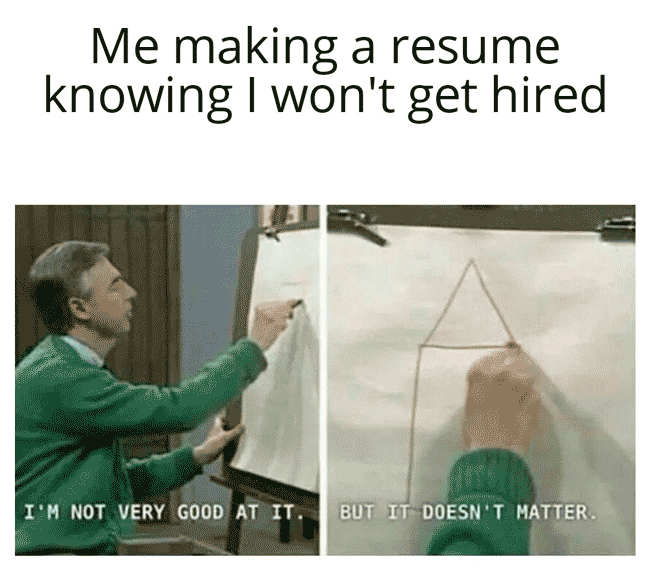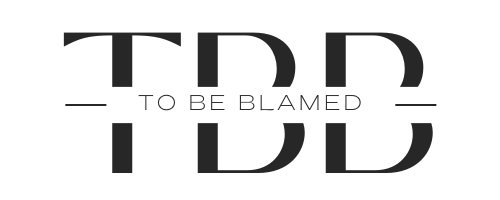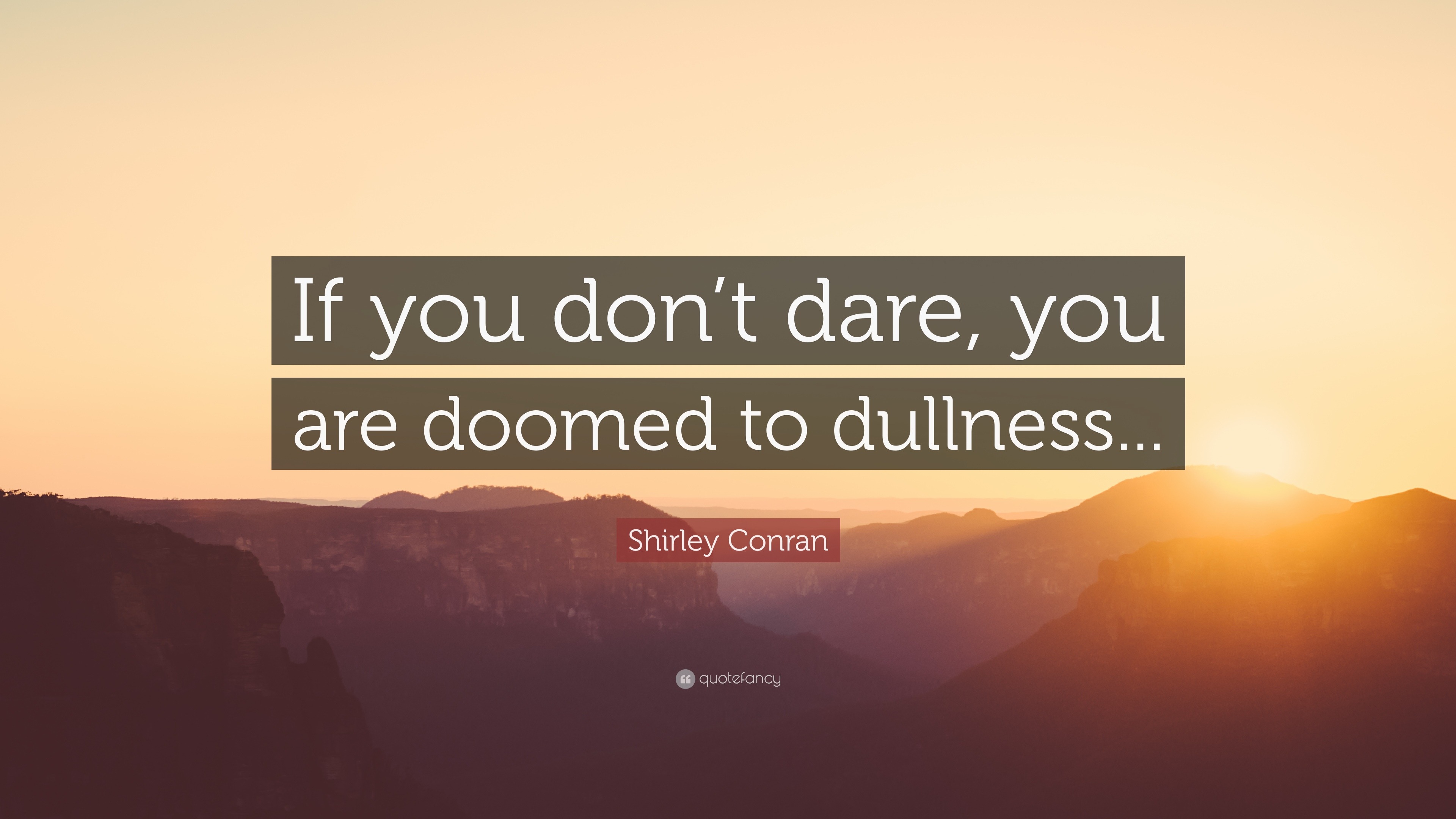In the current competitive world, you can’t wait until you are out of uni or school to think about the labour market. The reality is you need to get in there before you consider applying for your first corporate job (I’m not even calling the 9h to 17h because I don’t think that even exists anymore).
Be ready to think outside the box and rethink how you see yourself and any role you might apply to.
Just having an education isn’t enough, not even if it’s the cream of the cream, the top of the top.
Enter the world of skills. Whereas most generations still perceive a role mostly as a title and experience that comes with it, think of it as the unique skillset you will be building up and that makes you, well you!
If you don’t have any corporate experience yet, how can you grow yourself? Think about any part time or summer jobs you could do. Embrace your inner barista or run the finances for your local football club.
Do you have any hobbie you could monetize? Then go for it.
By the time it comes to send your first cv you need to be able to tell the story of who you are and what you can offer. Think about all of the skillsets you can aquire and will make the difference in an infinite list of cvs.
Focus on the soft skills and adaptability. The skills needed today won’t be the skills needed tomorrow. AI could replace a lot of the known jobs today. The ability to reinvent yourself will bring you the competitive edge that could save your butt tomorrow.
Let’s break this down with some examples
Any public facing role – And I’ll continue using the example of the local barista
You will be learning customer service. Your are dealing with people and having to prioritize work & dealing with pressure: do you clean those dirty tables or do you deal with all the orders right now. Don’t underestimate the bliding need for a coffee on a Monday morning. You need to get as many coffees out as possible. For this to happen, you will have looked into the end to end process of making your favourite brew from order until it’s ready. What can you prepare in advance to ensure the flow goes as smooth as possible and with the less steps needed. This would be process optimization. Handling all the many requests: (1 flat white, 2 sugars, oat milk, followed by a cortado no sugar to a capuccino with steaming hot milk and a customer that is afraid to miss the train while keeping a smile on your face, is dealing with pressure and acing it.
These are skills you will need anywhere you go.
Organizing a local event
This could well be, organizing a celebration for your local club, getting the community together. You will be dealing with many suppliers, negotiating prices (most likely you will be cost sensitive), and ensuring all the different components of the event come together on the day of the event. Drinks are served, people attending are happy, you rented the place, positioned all the bins in place so rubbish collection end of the event is as smooth as it can be.
Running the finances for your local club
You can even do this in a basic spreedsheet, by keeping note of all money coming in and coming out. You will need to be organized and ensuring every cash flow is kept on record so you think ahead of what the club might need – more sponsors? more events so you get further revenue coming in?
Creating a website or a small plugin
Are you good with programing? You can create apps, plugins and websites for other people and already monetize your work. When it comes to sending cvs later you will be able to showcase your portfolio.
These are just a few examples, I’m sure you already have other skills you don’t even realize you can have. Don’t worry about not having done something in a specific role. You will be holding a skillset that is unique to you and could add value on any given role.
Which skills will be key? Well, this is my own view:
- Emotional inteligence – In a world where everything can be replaced, automatized emotional inteligence will continue to be one of the most important skills you can have. If you are able to maintain a cold head and think though any given problem without letting your monkey mind run wild and loose the plot, you will be a step further than most. This is not something – unfortunately – that schools even will teach out and most of the parents won’t be focusing on this either. They both focus on what they can measure, and that will be school grades. Emotional inteligence takes time and patience. It’s keeping those foundational rocks that will eventually become part of who you are. You also need to be aware of the emotions others around you are holding and how certain words could trigger a chain reaction to those around you. (You can read more about it here). It’s one of the core leadership skills for a reason and I would say one which most “leaders” lack.
- Organization – You would be amazed to know how so many people completely lack basic organizational skills. Be it in terms of organizing your own agenda, your shopping list, your life, your calendar, whatever it might be. If you are unable to keep a clear track of what you need to do and where to find what you might need for a given task, you will lose valuable time finding it later. Your mind needs to know where to go instantely for any topic. If you find you are lacking, invest time to get there. Be it organizing your own 1 per 1 lego pieces by colours – so you can find the colour you need when you need it – to keep a diary of the things you are doing and where you are spending your time. Organization has never been at the highest as in recent years. You will be surprised how even home organization is such a thing now with the rise of Marie Kondo.
- Empathy – I wrote about it so many times, so I will keep it short. Those who lack empathy and are unable to read other’s emotions won’t go far. Empathy and emotional inteligence go hand in hand and are really powerful tools. If you want to read what I wrote before check here.
- Ability to learn & focus – This might seem obvious, but you need to have the foundational skills on how to learn anything. Most of us have the attention span of a fish and can’t focus on more than a few seconds on any given task without being distracted (yeah blame it on tik tok). If you are able to focus on your mind on something new and allocate time to keep on getting better and better means you will be able to learn anything. And you really need the ability to repivot and learn anything as new skills will keep on coming all the time. If you want to continue to be relevant, you can’t just rely on the fact you might be really good and some given skills. I do recommend a digital detox once in a while and you will find that you have tons more time than you thought you had to allocate to learning something new. Whatever rocks your boat. The what is even less relevant than the how or the why.
So no matter your age and where you are with life, just focus on the skills of tomorrow and bagging as many relevant one as you can.


